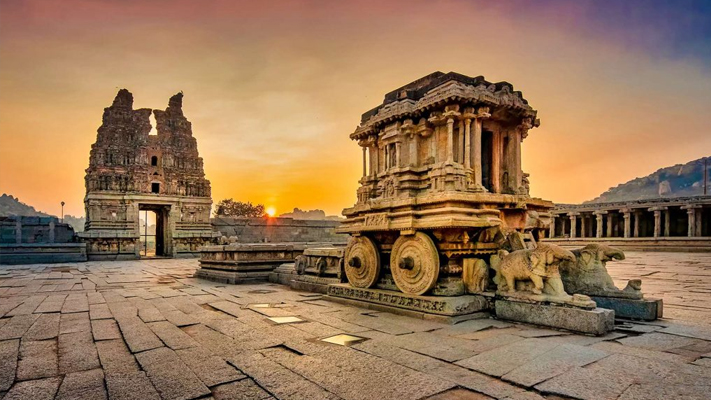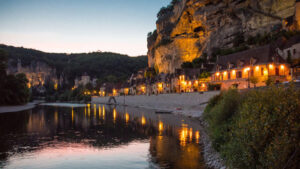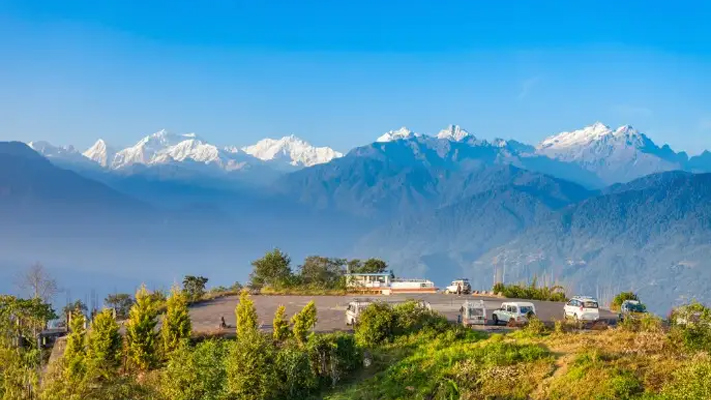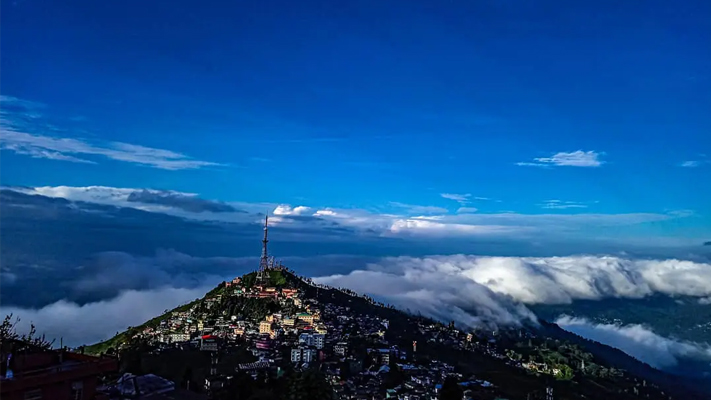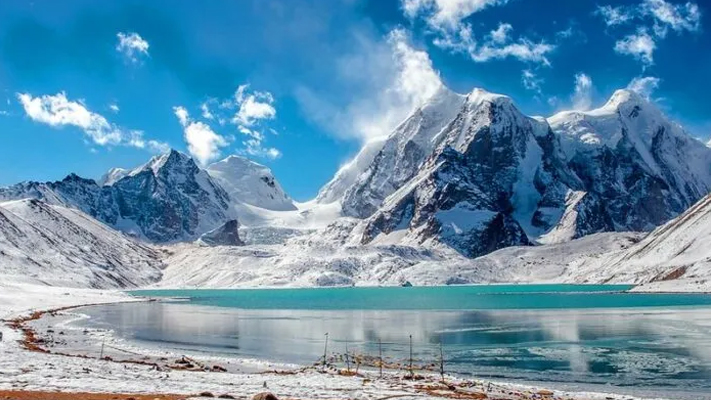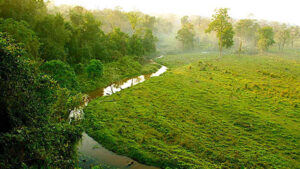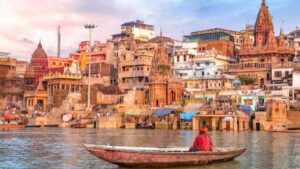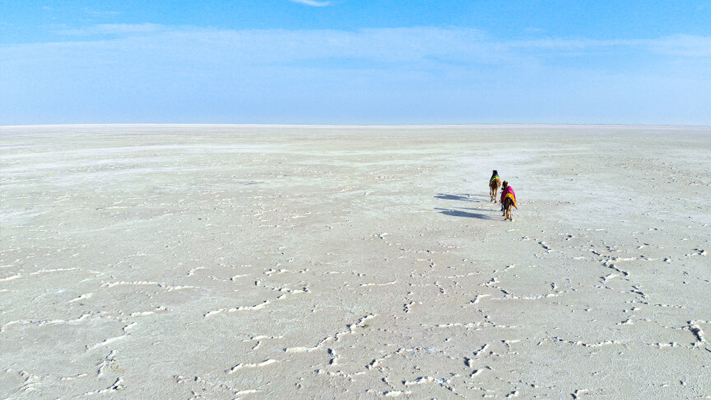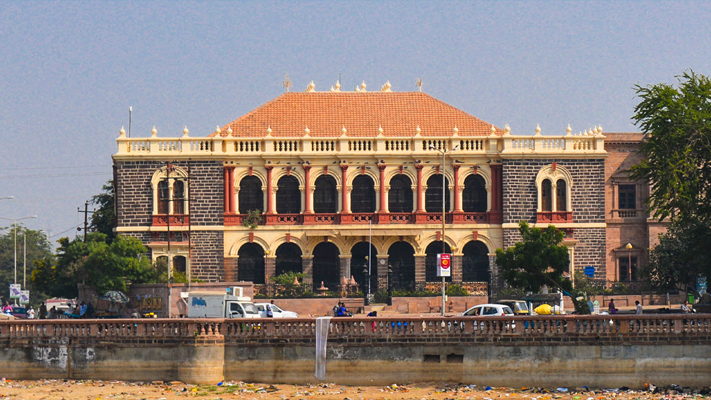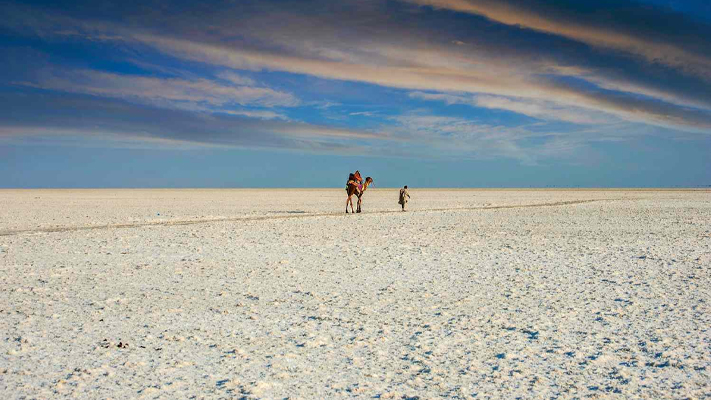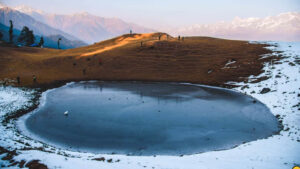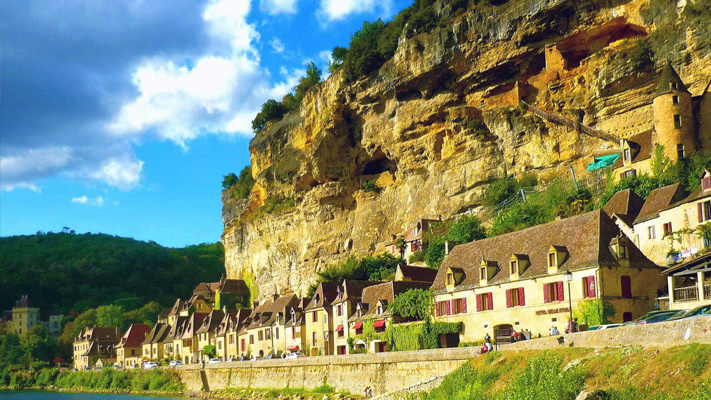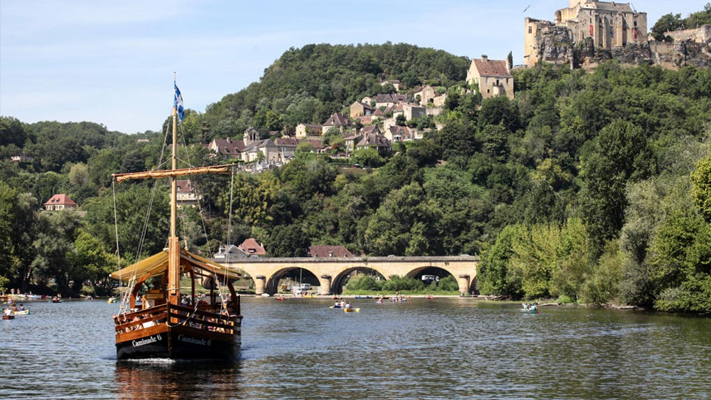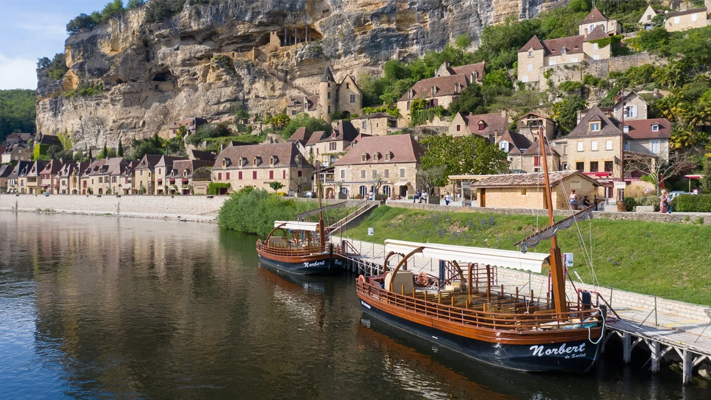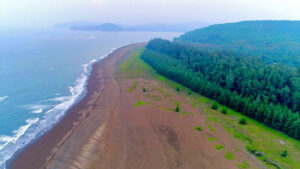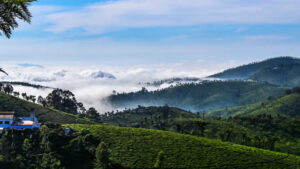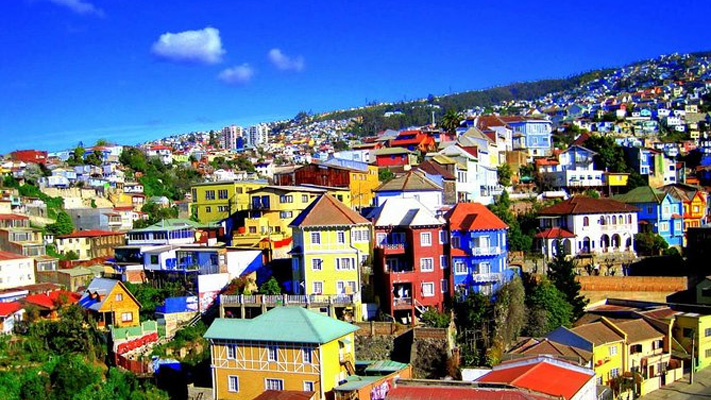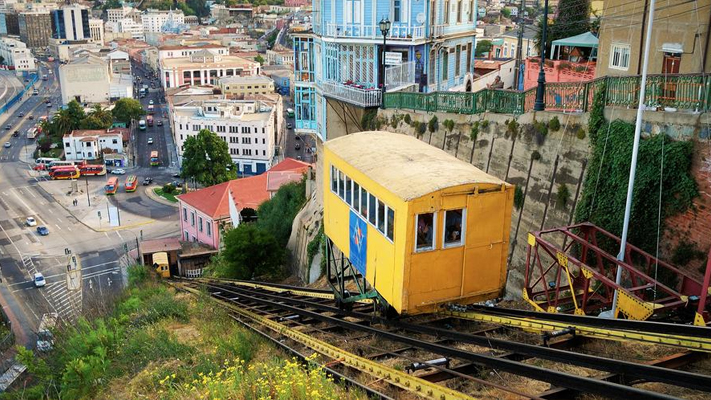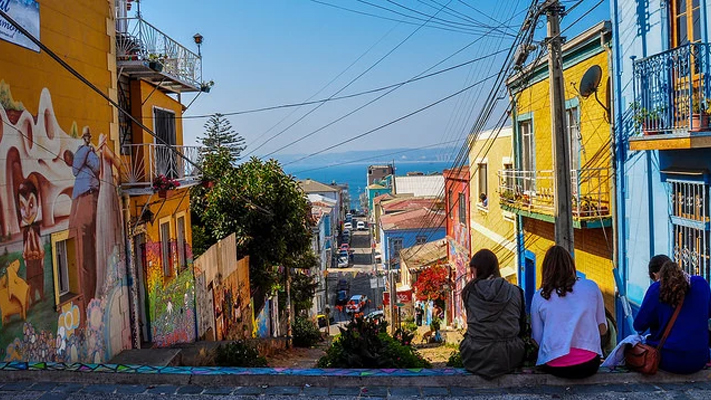HAMPI, KARNATAKA – WHERE HISTORY BECKONS AT EVERY CORNER

Hampi, located in the Indian state of Karnataka, is an ancient and captivating UNESCO World Heritage Site that draws visitors from around the world. Nestled on the banks of the Tungabhadra River, Hampi is renowned for its breathtaking landscapes, ancient ruins, and rich historical significance.

Once the capital of the Vijayanagara Empire, Hampi was a thriving city that flourished between the 14th and 16th centuries. Today, it stands as a testament to the grandeur and architectural brilliance of the bygone era. The ruins of Hampi are spread across a vast area, showcasing stunningly intricate temples, palaces, gateways, and other structures that reflect the empire’s splendor.
The most iconic and awe-inspiring attraction in Hampi is the Virupaksha Temple, dedicated to Lord Shiva. This ancient temple is still an active place of worship and is adorned with intricate carvings and a towering gopuram (entrance tower). Climbing to the top of the gopuram offers panoramic views of the surrounding landscape.
Hampi is not just about its historical marvels; it is also blessed with natural beauty. The Hampi Bazaar, a lively market street, offers a glimpse into the local culture and a chance to purchase handicrafts, textiles, and souvenirs.
Hampi’s charm lies in its unique blend of historical grandeur and natural splendor. It invites visitors to delve into the past, experience the vibrant present, and create lasting memories in a place that holds an unrivaled place in India’s cultural and architectural heritage.
What to Expect
When visiting Hampi, there are several things to expect that contribute to a memorable and enriching experience:
- Rich Historical Heritage: Hampi is renowned for its historical significance and architectural marvels. Expect to encounter sprawling ruins, majestic temples, and intricate carvings that showcase the grandeur of the Vijayanagara Empire.
- UNESCO World Heritage Site: As a designated UNESCO World Heritage Site, Hampi is carefully preserved, and visitors can expect to explore a well-maintained archaeological site that offers a glimpse into the city’s past glory.
- Vast Area to Explore: Hampi covers a vast area, and there is much to discover. Expect to spend several days exploring the various temples, palaces, and other structures scattered across the landscape. Consider hiring a guide or renting a bicycle to navigate the site effectively.
- Unique Landscape: Hampi’s landscape is marked by massive boulders, monolithic structures, and a picturesque river. Expect to be surrounded by stunning natural beauty, providing a striking backdrop to the ancient ruins.

- Spiritual Significance: Hampi is considered a sacred site, and many of its temples are still active places of worship. Expect to witness and respect the religious rituals and practices carried out by devotees in these revered spaces.
- Local Culture and Cuisine: Immerse yourself in the local culture by interacting with friendly locals, sampling traditional cuisine, and experiencing the vibrant Hampi Bazaar. Taste authentic South Indian flavors, and try local specialties like dosas, vadas, and filter coffee.
- Outdoor Activities: Hampi’s unique landscape offers opportunities for outdoor activities. Expect to enjoy activities like hiking, rock climbing, and cycling amidst the scenic surroundings. The Tungabhadra River also provides options for coracle boat rides or simply relaxing by the riverside.
- Cultural Events and Festivals: Depending on the time of your visit, you may have the opportunity to witness cultural events and festivals. The Hampi Utsav, held annually, showcases traditional music, dance performances, and other cultural displays, providing an immersive experience of the local traditions.
- Serenity and Tranquility: Hampi’s expansive site and tranquil surroundings offer a sense of peace and serenity. Take the time to appreciate the stillness and soak in the spiritual ambiance that permeates the area.
- Visitor Facilities: Hampi has basic visitor facilities such as accommodation options, restaurants, and local transportation. While not as developed as larger cities, these amenities cater to the needs of tourists and provide a comfortable stay.
Visiting Hampi promises a unique blend of history, culture, spirituality, and natural beauty. It offers an opportunity to step back in time and experience the grandeur of an ancient empire while being immersed in the captivating charm of South India.
Interesting Facts
- Capital of the Vijayanagara Empire: Hampi served as the capital of the Vijayanagara Empire, one of the most powerful and prosperous empires in South India during the 14th to 16th centuries.
- Architectural Marvels: Hampi is home to numerous stunning architectural structures, including the Virupaksha Temple, Vittala Temple, Lotus Mahal, Hazara Rama Temple, and many more. These structures showcase intricate carvings, unique architectural styles, and elaborate craftsmanship.
- Musical Pillars: The Vittala Temple in Hampi is famous for its musical pillars. When tapped, these pillars produce musical tones, creating a captivating acoustic experience.
- Stone Chariot: The Vittala Temple complex also houses a stone chariot, considered one of the iconic symbols of Hampi. It is a remarkable example of the architectural brilliance of the Vijayanagara Empire.

- Hampi Bazaar: The Hampi Bazaar was a bustling marketplace during the Vijayanagara period and remains an important cultural and commercial hub. Visitors can explore the market street, lined with shops selling handicrafts, clothes, jewelry, and local souvenirs.
- Monolithic Structures: Hampi is dotted with massive boulders and monolithic structures, adding a unique and surreal element to the landscape. One notable monolithic structure is the 6.7-meter-tall monolithic statue of Narasimha, an incarnation of Lord Vishnu.
- Stepped Tank: Hampi features a stepped tank known as the Queen’s Bath. It is an ancient royal bathing complex with a unique architectural design and serves as a testament to the advanced engineering skills of the Vijayanagara Empire.
- Riverside Ruins: The ruins of Hampi extend to the banks of the Tungabhadra River, providing scenic views and an opportunity to witness the harmonious blend of nature and architecture.
- Hampi Utsav: Hampi hosts an annual cultural festival called Hampi Utsav, celebrating the grandeur of the Vijayanagara Empire. The festival features traditional music, dance performances, puppet shows, and a spectacular display of fireworks.
Other Top Attractions Nearby
In addition to the remarkable attractions within Hampi itself, there are several other noteworthy places to visit near Hampi. Here are some top attractions in the vicinity:
- Anegundi: Located just across the Tungabhadra River from Hampi, Anegundi is an ancient village that predates Hampi. It offers a rustic and laid-back atmosphere, with attractions such as the Anegundi Fort, Pampa Sarovar (a sacred lake), and the Huchappayana Matha Temple.
- Badami: Approximately 100 kilometers from Hampi, Badami is known for its stunning rock-cut cave temples. These temples, carved out of sandstone cliffs, are dedicated to Hindu deities and date back to the 6th and 7th centuries. The Badami Fort and the Agastya Lake are other notable attractions in the area.
- Pattadakal: Recognized as a UNESCO World Heritage Site, Pattadakal is renowned for its group of ancient temples built during the Chalukya dynasty. The temples showcase a fusion of architectural styles, including Dravidian and Nagara styles, and are adorned with intricate carvings.
- Aihole: Another historical site near Hampi, Aihole is famous for its ancient rock-cut temples and architectural ruins. It is considered the cradle of Hindu temple architecture and boasts over 120 temples, each with its unique design and style.
- Tungabhadra Dam: Situated around 16 kilometers from Hampi, the Tungabhadra Dam is a major irrigation project and a scenic spot. Visitors can enjoy boating in the reservoir, relax amidst the serene surroundings, and witness the beauty of the dam and its lush green surroundings.
- Daroji Sloth Bear Sanctuary: Located approximately 30 kilometers from Hampi, this sanctuary is home to the Indian sloth bear. Visitors have the opportunity to spot these fascinating creatures in their natural habitat and learn about conservation efforts.
- Hampi Island: Accessible by ferry from Hampi, Hampi Island is a peaceful retreat with lush paddy fields, banana plantations, and guesthouses. It offers a tranquil environment to relax, enjoy nature, and experience rural life in the region.
These nearby attractions complement the Hampi experience, allowing visitors to further explore the historical and natural wonders of the region.

Best Time to Visit
The best time to visit Hampi is during the winter months, from October to February, when the weather is pleasant and comfortable for exploring the historical ruins and engaging in outdoor activities. The days are sunny, making it ideal for exploring the ruins and taking part in outdoor activities. The evenings can be slightly cooler, so carrying a light jacket or sweater is recommended.


